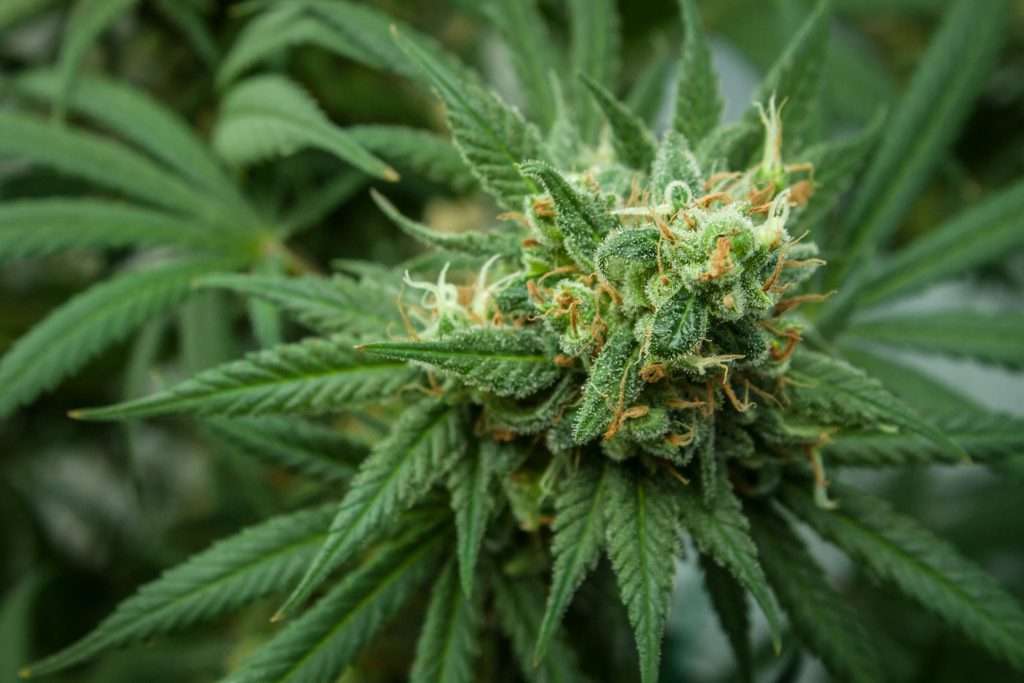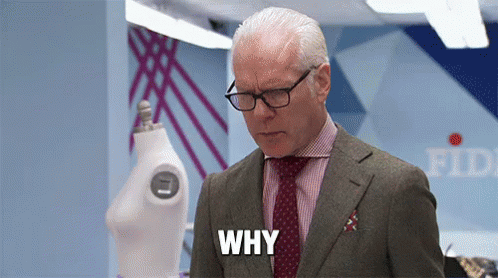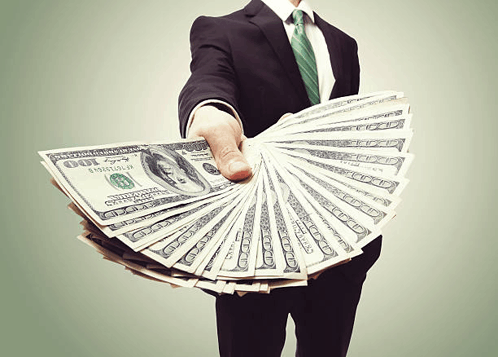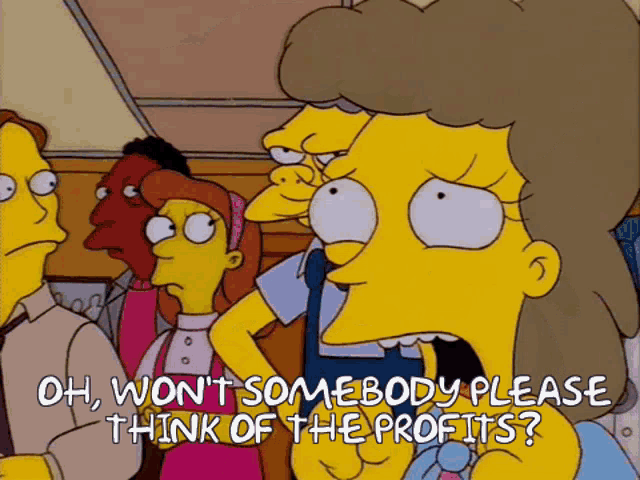Cannabis is illegal or highly regulated in many countries. What was once a common treatment to all sorts of ailments, is now being vilified and misunderstood.
The use of the hemp and cannabis used to be commonplace. The same plant that was celebrated for thousands of years, have been vilified the last century. But why?

The History of Cannabis
The plant has been utilised for thousands of years. We know that it is over 6000 years old and it is believed to have originated from somewhere in Central Asia. Ancient civilisations in China, the Middle East and India have utilised the plant for many uses. In China, the hemp fibres were used to make clothes, ropes and paper, while the other parts of the plant were used medicinally.
The plant has been documented as a healing plant in many cultures all over the world. They have found ancient Chinese texts about the therapeutic benefits of using Cannabis when treating pain, nausea and inflammation. It was highly valued for its analgesic, anti-inflammatory and sedately effects, to name a few. The plant has had similar medicinal uses in Indian Ayurvedic medicine.
Cannabis reached the Western world 500 B.C. Its medicinal properties were well recognised and celebrated among both the Romans and the Greek. While a select few are said to have used it as an intoxicant, it was mostly used as a medicinal treatment for various ailments.
Europe
The Scythians in Europe, a nomadic people who inhabited parts of Europe, Central Asia and the Middle East, used cannabis seeds for food, and the plant fibres to make cloth. Cannabis seeds have been discovered in archaeological sites all over Europe, which supports the claim of their historical consumption and significance.
During the Middle Ages, hemp, which is a cannabis strain with low levels of psychoactive effects, was grown extensively throughout Europe for industrial purposes. The fibres were used to make clothes, ropes sails and other essential goods used for trading. Hemp has played a crucial part in the European textile industry.
In the 17th and 18th century, English herbalists used cannabis as a remedy for various ailments ranging from pain relief to muscle spasms. Cannabis extracts were actually given to Queen Victoria of England to help alleviate her menstrual cramps.
In the 19th century, cannabis was used as a recreational substance, particularly among artists and intellectuals. In Paris and other large cities, there were cannabis social clubs known as “hashish dens”. Individuals would gather there to consume the plant through various methods and discuss its effects. There was an openness toward the plant that was sadly replaced by ignorance and misguided fear in the 20th century.
When openness was manipulated into fear
The US
In the early 20th century, the recreational use of Cannabis gained popularity. As the usage was somehow associated with Mexican immigrants, racial prejudices and xenophobia came into play. In 1937, the hate and nazi beliefs were spreading like wildfire throughout the world, and as a result both unfounded fear and anti-immigrant beliefs raged. As a result, the US decided they wanted cannabis banned. When the US took steps to ban cannabis use, they set up international agreements and treaties. With the following war on drugs and the “Just Say No”-campaign by Richard Nixon, the idea that cannabis is a dangerous drug was forced upon people from every direction. The government drew parallels between cannabis and criminal behaviour and addiction.
Europe
Much like in the US, restrictions regarding cannabis increased in the 20th century. Several European countries criminalised it and created laws to control the distribution. The cause for the change was similar to that of the US. The governments decided to criminalise cannabis and therefore made sure to scare the citizens into agreeing with them. They spoke of the dangers of cannabis and out of fear and misplaced trust, the people listened.
The World Today
In both Europe and in the US, people are once more beginning to recognise cannabis for its medicinal properties. Many states and countries have decriminalised it or made it legal. When the governments’ realised that people began to see cannabis more favourably, they did whatever they could to make sure that they would be the ones to benefit from it financially. Therefore they keep it highly regulated even in places where it has been decriminalised.
The Netherlands, for example, is well-known for its acceptance and support of cannabis. You can find several “coffee shops” there where you can legally purchase and consume smaller quantities of cannabis. Spain, Switzerland, Germany and Italy have also relaxed their policies regarding recreational and medicinal cannabis.
Each country in Europe has its own unique way of dealing with cannabis. The laws and regulations can therefore vary significantly between different European countries.
In Sweden for example, they went headfirst in the other direction. Around five years ago, they banned CBD. The ban lasted quite a while and the stigma rose. Some businesses were forced to stop selling it and dissolved.
Today you can buy cbd in Sweden, but cannabis is still highly misunderstood and stigmatised. Even the use of cbd that is free from thc is treated with suspicion. The public has a warped idea of what cannabis is, because that is what the governments’ wanted to achieve and what they did achieve, on a global scale.
Why Cannabis is villainised

Modern users of cannabis, be it recreational or medicinal, are often labeled as stoners. And their statements about the plant are thereby dismissed as intoxicated ramblings with no merit. So despite the thousands of years of reasons to further explore the medicinal uses of cannabis, the plant has instead been demonised.
And the reason why is quite obvious. The pharmaceutical companies have grown more and more powerful over the course of the last few centuries. Pharmaceuticals are fickle and often come with a long line of side-effects, that in turn often require more pharmaceuticals. Cannabis in its many forms can be used as an alternative treatment for a long line of conditions, without any known side-effects. It is logical that the governments’ of the world wish to control cannabis. Unless they can turn it into a pharmaceutical that they can control, distribute and use to line the system’s pockets, they ban it. Either they earn a fortune off of it or no one does.
Untreatable conditions are more profitable

There are countless diseases that lead to invalidity and/or death. If cures were found, billions of lives would be saved. However, if their lives were saved, then they would not require long hospital stays, multiple pharmaceuticals, hospital visits, expensive treatments or travel to see specialists. As long as the governments can earn more off of sick people, diseases that are often terminal, such as cancer, will never be cured.
Follow the money. It is always about the money. Who stands to benefit? They are the ones who make sure the solutions are not found. And if solutions are found, they are the ones who make sure that those solutions never reach the surface. Either by making sure the solution is never approved or recognised, or by making those who discovered it seem crazy. The ones who profit are the ones who outlaw alternative treatments and judge the people who seek those treatments and depend upon them.
Driven by fear and greed
Today cannabis is their target. Tomorrow? It could be herbalism and the use of home remedies. The fear of war with China may even drive governments to ban Chinese medicine next. After that? Fresh vegetables and fruit. The food industry has already tried multiple times to make people believe that sugar replacements are healthy and that fruit is unhealthy. Honestly, whatever will benefit the public’s health, whatever does not bring financial benefit to the government, they will eventually endeavour to regulate or ban. And we, as a people, must stand up for ourselves and protest against the direction the world is moving in.

Pharmaceutical companies and those who collaborate with them are driven by greed and fear of losing their stature, way of life and near limitless funds. They always go to great lengths to get rid of anything that may help people and would thereby threaten their income. Both governments, the healthcare system and the pharmaceutical companies earn money off of sick people.
As an example, there were those who got rich off of the Covid vaccines. While people all over the world were suffering greatly, the system got rich. And it stands to reason that they would take their sweet time dealing with the pandemic. It was clearly making certain people and organisations a lot of money, so why not make it last as long as possible? The governments and organisations within the system will always choose the most profitable option, regardless of the ramifications.
Conclusion:
Over the course of thousands of years, cannabis has been both celebrated and demonised. Demonised when fear and greed came into play. And celebrated, whenever the plant’s healing properties were looked upon rationally.
Fear mongering

In modern society, we are once again driven by fear and greed rather than facts. Most of the public forms no opinions of their own. Instead they follow whoever speaks the loudest, seeing the opinions shared by that individual or organisation as facts. If members of the public do think for themselves, they are usually either treated as outcasts or second rate citizens. Throughout history, those who question the system have never lasted in society. Either they are taken out or they simply disappear. One way or the other, they don’t get to question the system for long.
Those who could think for themselves and questioned something related to the government, or were seen as a potential future threat, were later ostracised as a result of the governments’ fear mongering. And that is still happening to this day.
If a government perceives something as a threat to its standing in society, fear mongering is used to make the rest of society feel threatened along with it. When a society feels threatened, the collective fear becomes so strong that the people will do- and agree to near anything to get rid of the threat. What’s ‘wrong’ will be seen ‘right’ if done for the “right” cause. We see evidence of this throughout history. All anyone has to do is mention the children – much like the character on Simpsons who tends to shriek “Won’t someone please think of the children!? – and the people will gather their pitchforks without a second thought.
Since the governments’ control the schools, the media, the healthcare system, our food, consumerism as well as the jobs, free thinkers are frowned upon. That’s the case even today in 2023.
We are not free. Not yet.
As for the people of the world, our perceived freedom is a lie. We can barely move a toe without a permit. We can’t do anything with an ID. And we can’t leave or get into a country without a government passport. We are given a bar code when we are born so that they can always track us and label us. The system goes to great lengths to make sure that we are taught only what they want us to learn in school. And that is very little and the information we are given is often closer to opinion rather than fact, and highly edited.
It is of utmost importance that we learn not to trust blindly. We must choose to do what is best for our planet, for ourselves, for our families and for the animals. We must fight for our rights to learn freely and live freely. Our right to form our own opinions and think for ourselves.
When in doubt, follow the money. That will help you see through the lies.
Discover more from Desoullife
Subscribe to get the latest posts sent to your email.
